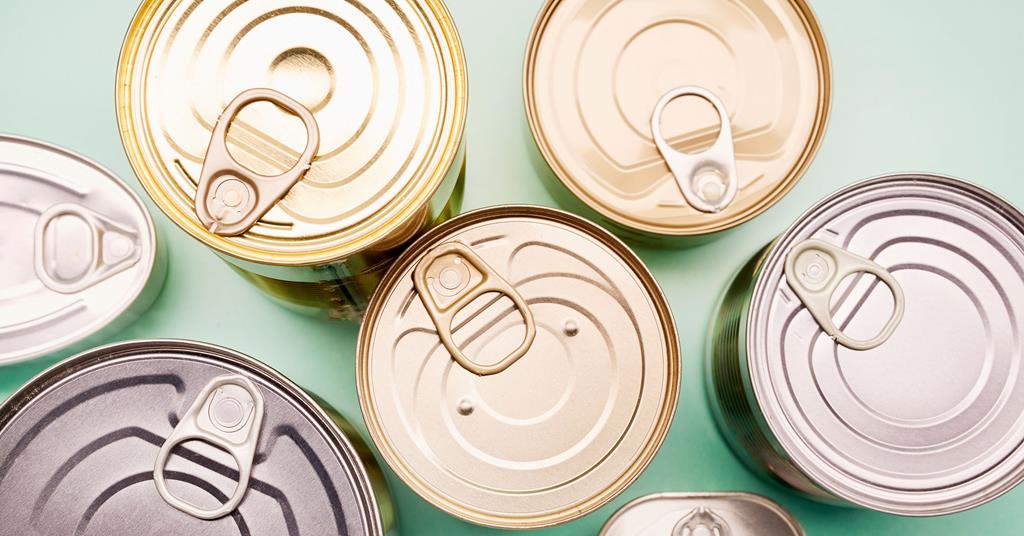European Commission bans bisphenol A in food packaging

The European Commission will go ahead with a ban on the use of bisphenol A (BPA) in food contact materials, such as metal cans and plastic bottles.
Announced on 19 December 2024, the ban follows a public consultation and positive vote by EU member states earlier in the year, which was followed by a scrutiny period by the Council and the European Parliament. The ban also considers the latest scientific assessment from the European Food Safety Authority that concluded that BPA had potentially harmful effects on the immune system.
BPA is used in everything from plastic and metal food containers to reusable water bottles and drinking water pipes. It is already banned in the EU in infant bottles and similar products.
Oliver Várhelyi, commissioner for health and animal welfare, said maintaining high food safety standards in the EU and protecting citizens was one of the Commission’s ‘highest priorities’. ‘Today’s ban, which is based on solid scientific advice, will protect our consumers against harmful chemicals where they can come into contact with their food and drink,’ he added.
For most products, there will be an 18-month phase out period to allow industry time to adapt and avoid disruption in the food chain. The ban also includes other bisphenols that are harmful to the reproductive and endocrine systems.
Related
A New Book Argues That What Happens in Europe Doesn’t…
Remaking the World: European Distinctiveness and the Transformation of Politics, Culture, and the Economy by Jerrold Seigel “No issue in world
Poland plans military training for every adult male amid growing…
Poland’s prime minister, Donald Tusk, has said his government is working on a plan to prepare large-scale military training for every adult male in response t
2025 European Athletics Indoor Championships: Ditaji Kambundji secures women’s 60m…
Switzerland’s Ditaji Kambundji walked away from the 2025 European Athletics Indoor Championships in Apeldoorn on 7 March with much more than her first Europea
Takeaways from the EU’s landmark security summit after Trump said…
BRUSSELS (AP) — European Union leaders are trumpeting their endorsement of a plan to free up hundreds of billions of








